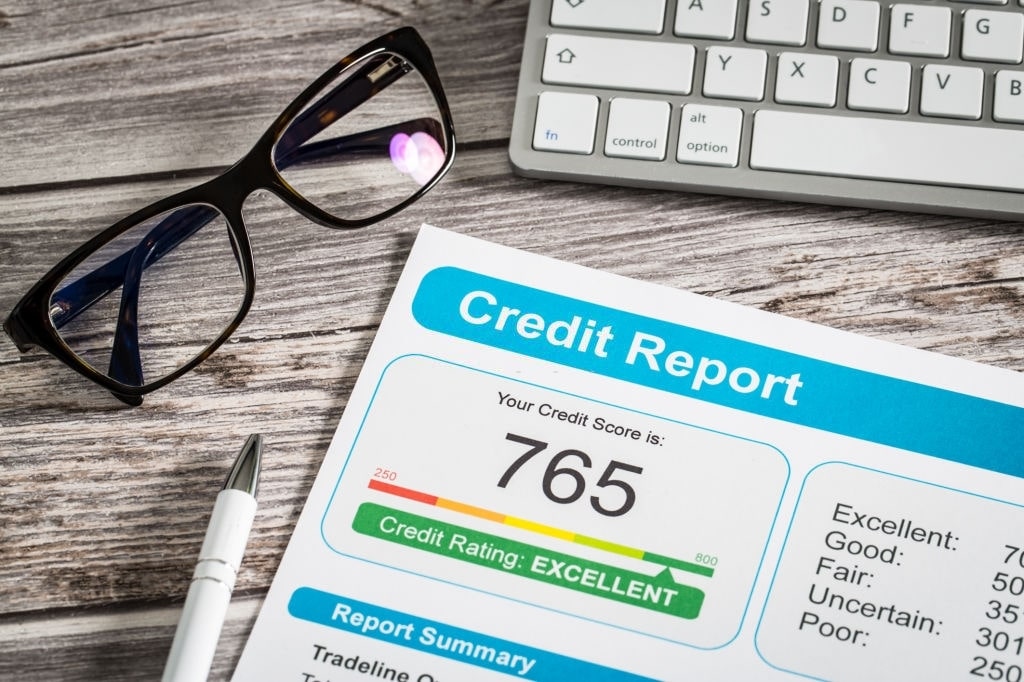Maintaining a good credit report is vital to your financial life. There are people who experience a poor credit report due to neglect and the poor reviewing of their credit report. There are others who have been through the process of repairing their credit and managed to maintain good credit status afterward. If you never want to need credit repair, good credit maintenance is advisable. Fortunately, easy steps can be taken to help one in the maintenance of good credit status.

The value of a good credit status history should not be underestimated, as it plays a vitally important role in determining whether you are eligible for a loan or not. The credit status report really tells so much about the consumer, that it not only affects your finance life but other aspects of your life as well. Financial counselors all agree about one thing: maintaining good credit is vital to conducting a healthy financial life.
Most people do not realize that landlords, employers, and companies check credit scores before making a decision on whether or not they should grant a contract, rent a room or give a job. The scores and credit report can assist companies to decide whether you pay your bills on time or whether you have filed for bankruptcy. They use the information on your credit report as a future predictor of your creditworthiness.
What Can You Do?: Although maintaining a good credit score can be a serious challenge, there is no sounder way of keeping yourself free from debt than by carefully tracking your spending and always sticking to a budget. Budgets are very important as they will help you take control of your finances, reduce your debt and create a healthy credit status.
On the topic of managing your debt, the first thing that you can do is keep track of your spending habits. You can do this by creating reports of what you spend and track everything that you owe. Monthly statements must be reviewed when they arrive and you must always check for any discrepancies. Additionally, you must act on these errors by reporting them to the relevant authorities at once.
To keep your account in good standing, remember to always pay the lender on or before the due date, which is normally printed on the statement. Do not miss any payments and strive to send more than the minimum necessary and, if possible, pay the full outstanding balance every month.
Another easy thing you can do is not to go over your total credit limit. The available credit is the amount left on your credit usually represented by the difference between your credit limit and your outstanding balance. Always remember to maintain the balance below the limit of the credit available. Additionally, make sure you add any purchases you made after the closing date to your outstanding balance not included in the monthly statement; doing this will allow you to find out just how much credit you really have left.
Sticking to a financial plan is also important. Typically, 10% of your monthly income should be used to pay off your credit lines, bills, or personal loans. However, if you are paying more, it is time to reconsider your spending habits. Stop buying impulsively since these purchases are often extra difficult to pay off.
Last but not least, control your finances. It is recommended to create a payment schema, which will help you get back on the right track. This scheme should include those creditors, whom you need to pay and the amount of the payment every month. Normally, people limit their credit usage until the finances are under control, which is an excellent method of controlling your finances.
Owen Jones, the writer of this article, writes on a lot of subjects but is now involved with Credit Card Application for Beginners. Please go to our website Using Credit Cards.



